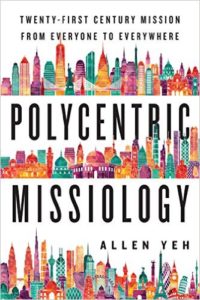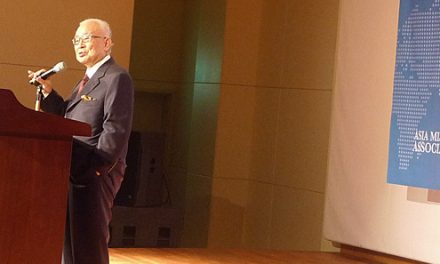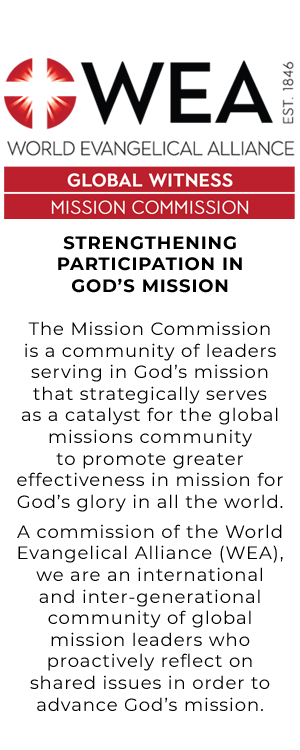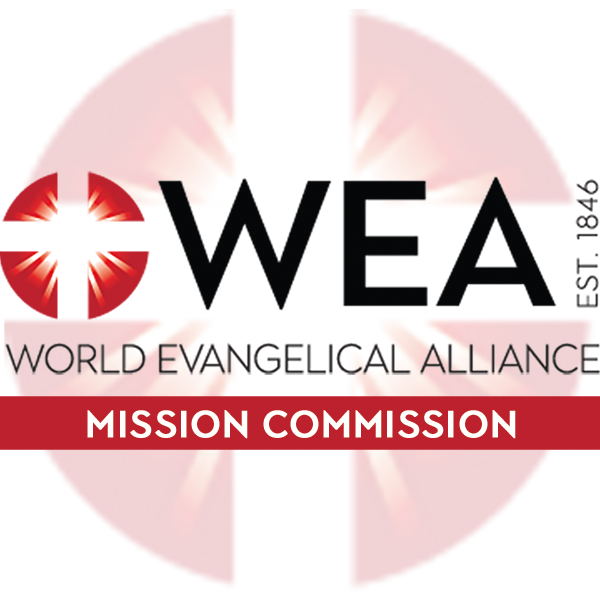 Polycentric Missiology, a new book from Allen Yeh was released to the public last month. Participants in the Mission Commission’s Global Consultation on October in Panama will have more than a few reasons to be interested in it. Not least of the reasons for paying attention is the similarity of its full title Polycentric Missiology: 21st-Century Mission from Everyone to Everywhere with the theme of the MC Consultation POLYCENTRIC MISSION – from all nations to all nations (and perhaps the differences are significant as well!).
Polycentric Missiology, a new book from Allen Yeh was released to the public last month. Participants in the Mission Commission’s Global Consultation on October in Panama will have more than a few reasons to be interested in it. Not least of the reasons for paying attention is the similarity of its full title Polycentric Missiology: 21st-Century Mission from Everyone to Everywhere with the theme of the MC Consultation POLYCENTRIC MISSION – from all nations to all nations (and perhaps the differences are significant as well!).
Panama in 2016 was the venue for the MC Consultation in order recognize the importance of the Panama 1916 Conference on Christian Work in Latin America. This makes it doubly significant that Polycentric Missiology also tells its story, about multiple centers from which to think missiologically today, in light of the 1910 World Missionary Conference in Edinburgh.
Allen Yeh writes from his position as professor of Missiology at Biola University and offers a book that is particularly useful for opening the minds of University students in the West to the amazing changes in the world that parallel the advance of the gospel over the last 100 years. It is valuable beyond the classroom for documenting what has become of the vision that motivated the World Missionary Conference in 1910.
The Mission Commission embraces his effort to draw attention to the diversity of the Church today, and his advocacy of the idea that World Christianity opens up new locations from which to receive good missiology. Rather than seeing World Christianity as a triumph of the Western globalization project, he describes World Christianity as a location in diversity from which to think theologically about the mission of the people of God: “world Christianity is the scope and theme of this book: it is the new way that Christianity should be viewed.”
Allen Yeh writes to the MC community this invitation to use his book.
Mission today has changed tremendously from a century ago. One of the main differences is that mission “from the West to the rest” has become mission “from everyone to everywhere.” Some of the major world missionary conferences have been indicative of this, most notably the Edinburgh 1910 World Missionary Conference (“the birthplace of the modern ecumenical movement”) being celebrated by four conferences on four continents a century later: Tokyo 2010, Edinburgh 2010, Cape Town 2010, and 2010Boston. However, one of the pitfalls of 1910’s ecumenism was that, in an effort to appease the Anglo-Catholics, Latin America was omitted from the mission field because it was already considered part of Christendom. In an attempt to redress this, the Panama 1916 conference was convened. In an irony of history repeating itself, the tragic parallel in 2010 was that Latin America was once again omitted. CLADE V (Costa Rica 2012) was originally slated for 2010 but was moved to 2012 due to the overly-full calendar, inadvertently becoming a follow-up to the 2010 conferences much as Panama 1916 was a follow-up to Edinburgh 1910. My book, Polycentric Missiology, asks the question: which of the five centenary conferences was the best follow-up to Edinburgh 1910 (or even Panama 1916)? The answer: all of them. Just as one (or two) conferences was sufficient to represent mission “from the West to the rest” a century ago, five conferences–one per continent–represents the reality that mission today is “from everyone to everywhere,” and polycentricity is the new reality of world mission. The missiological questions raised at the five conferences set the table for mission in the new millennium.
The WEA MC’s Tim Halls, who was also a speaker at the recent Panama consultation reflects on the book in the following post: Halls Highlights blog.
The book can be ordered from Amazon.





